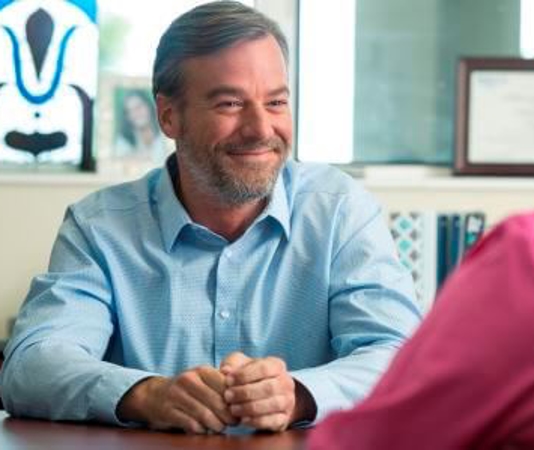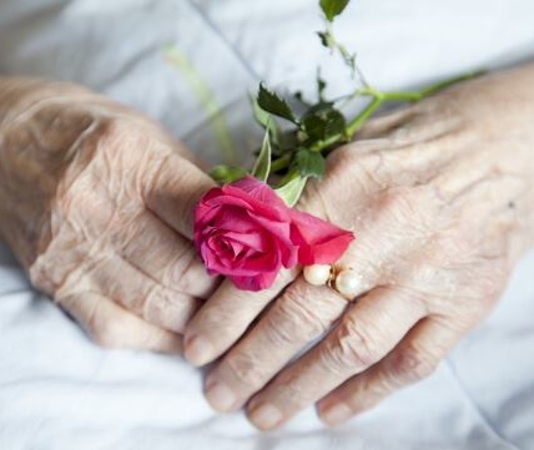Before you roll up your sleeves and take on the daily or weekly responsibilities of caring for a loved one, you might think it’s all intuitive. Hit pause on that notion. Think back to anything you do well today. Did you do it perfectly the first time without any guidance, lessons, back up support? The answer is probably no and that’s why the Homewatch CareGivers University has courses available for both professional and family caregivers.
Whether it’s driving a car, writing an essay, baking a cake or any other seemingly routine task, chances are you learned by doing and following instructions. Yet many people accept the role of family caregiver with no instructions or prior experience, regardless of the specific needs of the person requiring some assistance.
Caregiver U
Caregiving education would seem to be about the person in need of the care, but in fact courses are designed to enhance the caregiver’s life too. Take a look at a few course descriptions:
“Wellness…It’s a Good Thing” helps students learn about aging so they can be empowered to enhance quality of life for an elder loved one.
“Fast Forward This is You at 80” is an educational way of putting you in someone else’s shoes. In this course, you will learn what happens during the typical aging process and ways to cope with the changes that aging brings.
“Quality of Life Issues: Challenges and Opportunities” is a course that addresses end of life issues. This is a wonderful opportunity to look inward at how you as the student, the daughter or son, might feel about death. Issues such as quality of life, being a burden, losing independence, finding meaning and redefining value may be challenges experienced by a loved one. You will be invited to examine your perceptions of death and dying. This course offers suggestions for helping transform the possibly negative experience to one of dignity, hope and peace.
“Supporting the Supporter: Family Caregivers of Older Adults” can be a reminder that just because you are giving care doesn’t mean you don’t need some attention too. Family members provide the overwhelming majority of the care to older adults with neurocognitive disorders or other behavioral health disorders. While crucial to the maintenance of older adults in the community, provided care for a loved one can take a significant physical and emotional toll.
Caregiver Them
Naturally, many of the courses available are also about specific issues or conditions. These are just a few of the available courses for family caregivers:
“Family Challenges of Illness” looks at how illness or aging affects everyone, not just the individual. Chronic, advanced, or terminal illness is not an individual crisis, but rather a family challenge. Illness threatens to destabilize the family system, thus affecting everyone in that family system. Family members must learn different responses and skills to meet the challenges of each stage of the illness: acute, chronic, and terminal. Understanding the family structure, communication styles, beliefs, and multigenerational patterns is helpful for pastoral and healthcare professionals as well as family members.
“Dementia Care: Helping Family and Friends” is specific to families who have a loved one living with Alzheimer’s disease or another kind of dementia. In order to help the families and friends of persons with dementia, caregivers must be well informed about the physical and emotional compromises that exist. Learning to use therapeutic communication techniques and education can minimize fears and eliminate burdens for family and friends, as well as for the person with dementia.
Educating yourself on this new role of “family caregiver” can have a positive ripple effect.





